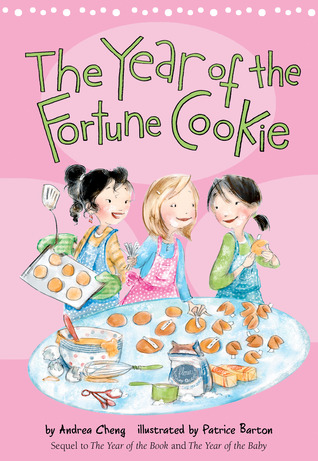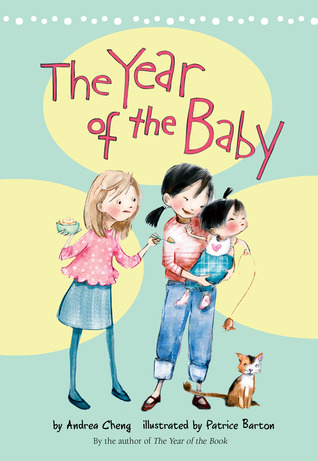 I came across this book while volunteering in my kids' elementary school library. In the cover illustration, Bobby looked like maybe he could be Asian, and with the author's name being Lisa Yee, I decided to check it out for myself. I'm always interested in multicultural books for kids!
I came across this book while volunteering in my kids' elementary school library. In the cover illustration, Bobby looked like maybe he could be Asian, and with the author's name being Lisa Yee, I decided to check it out for myself. I'm always interested in multicultural books for kids!
It took a while for Bobby's character to be fleshed out. His age (9) was not revealed until page 16, and even though we learn right away that his last name is Ellis-Chan, we don't find out for sure until page 49 that he is half Chinese. Even from the illustrations, it wasn't clear to me which parent was Chinese (I suppose it doesn't really matter!), but I finally decided it was the mom, based on the illustration on page 164.
It's worth noting that there is zero reference to Chinese language or culture in this book, and I think that's fine. While books like those by Grace Lin, Lenore Look, and Andrea Cheng really embrace Chinese-American-ness, I think there's also a valid and important place for books in which characters just happen to be Chinese-American, and their Chinese-American-ness doesn't need to be front and center.
Besides Bobby's ethnicity, this book also embraces diversity in other ways. Mr. Ellis-Chan is a stay-at-home dad (whose former career as an NFL player is a bit over the top), and one of Bobby's friends is Indian. Also, Bobby has environmental allergies and asthma.
I really liked Bobby. He has heart and compassion. He's thoughtful and well-intentioned. He's just a real good kid.
Mostly, I like this book because it is a growing-up book about a boy suitable for lower to middle elementary grades. Children's literature is awash with growing-up stories featuring girls (e.g., Ramona Quimby, Betsy-Tacy, Little House, etc.), but there are fewer similarly themed chapter books with pictures that feature boys. So far, I've really only found Henry Huggins and Alvin Ho to be comparable. There is a sequel to this book, and I'm hoping I will like it just as much as this one.
Still, I'm giving this book 4 1/2 stars, just shy of 5, for a couple reasons. First, the book is clearly set in modern times, yet, even while trying to buck old-fashioned narrow-mindedness, it seems to reinforce it. For example, it's great that Bobby's classroom features photos of famous Americans, both male and female, but why does Sally Ride - the only female listed - require a descriptor? Even if she really is lesser known than Barack Obama and Albert Einstein, by explaining who she is and not the others, it gives the impression that she, the only female, should be less familiar to readers. Also, it's great that Bobby's dad is an active member of the PTA, but would modern-day PTA members really even use the term "PTA Lady"?
Also, I love the way Bobby and Holly worked out their friendship, but I wish the book had further addressed Holly's friendship with Jillian Zarr. It's understandable that Holly would want some female friends with shared interests, but Jillian Zarr was downright mean and snooty. I sort of hoped she would get some sort of comeuppance.
Incidentally, I read this book aloud to Isabelle and Sebastien, and they both liked it, too!





